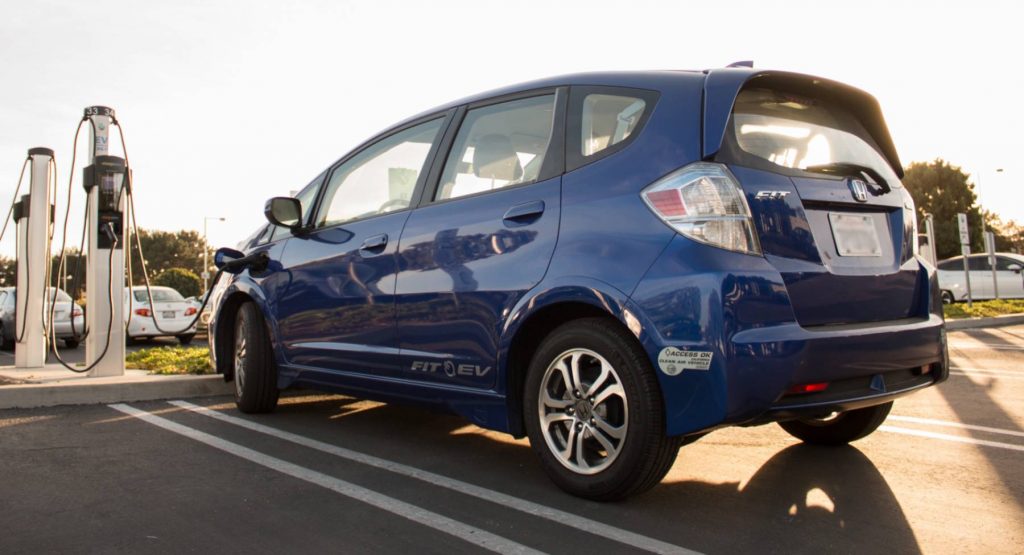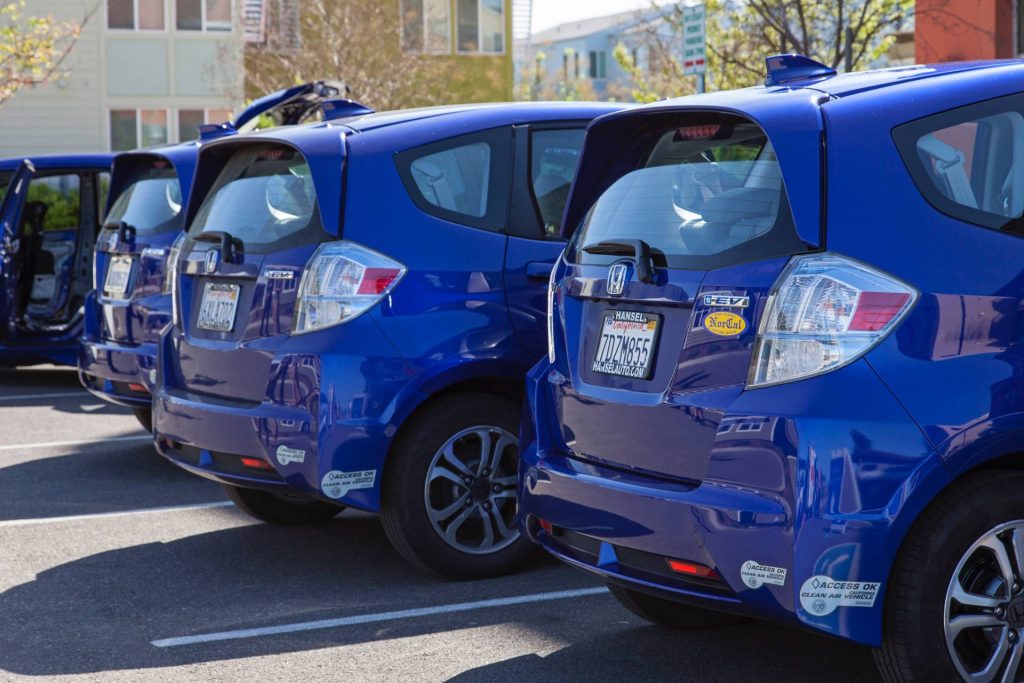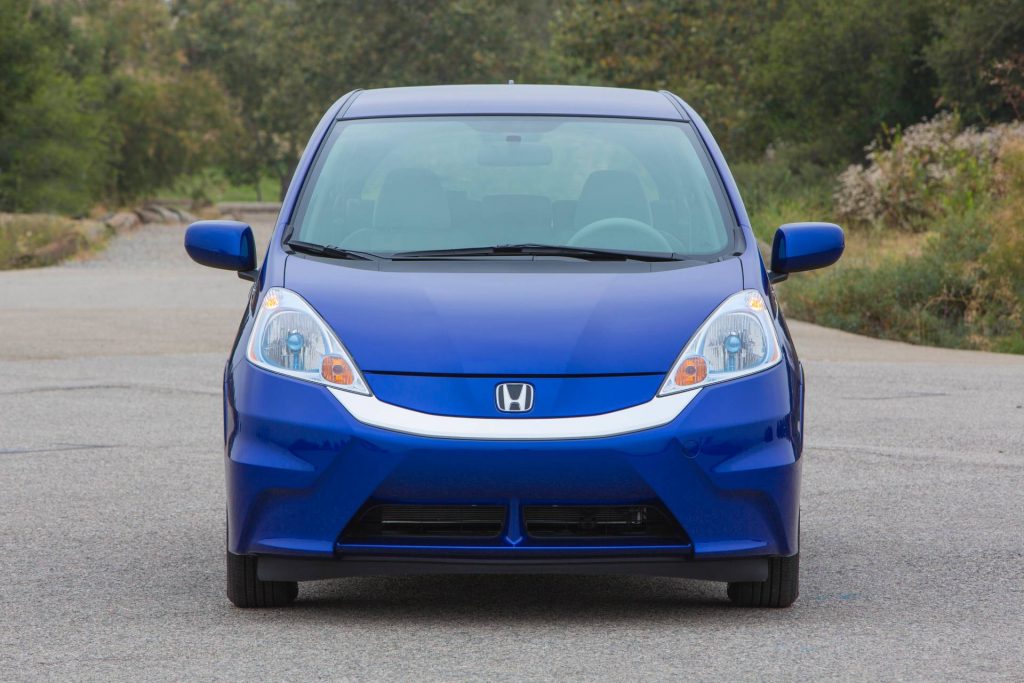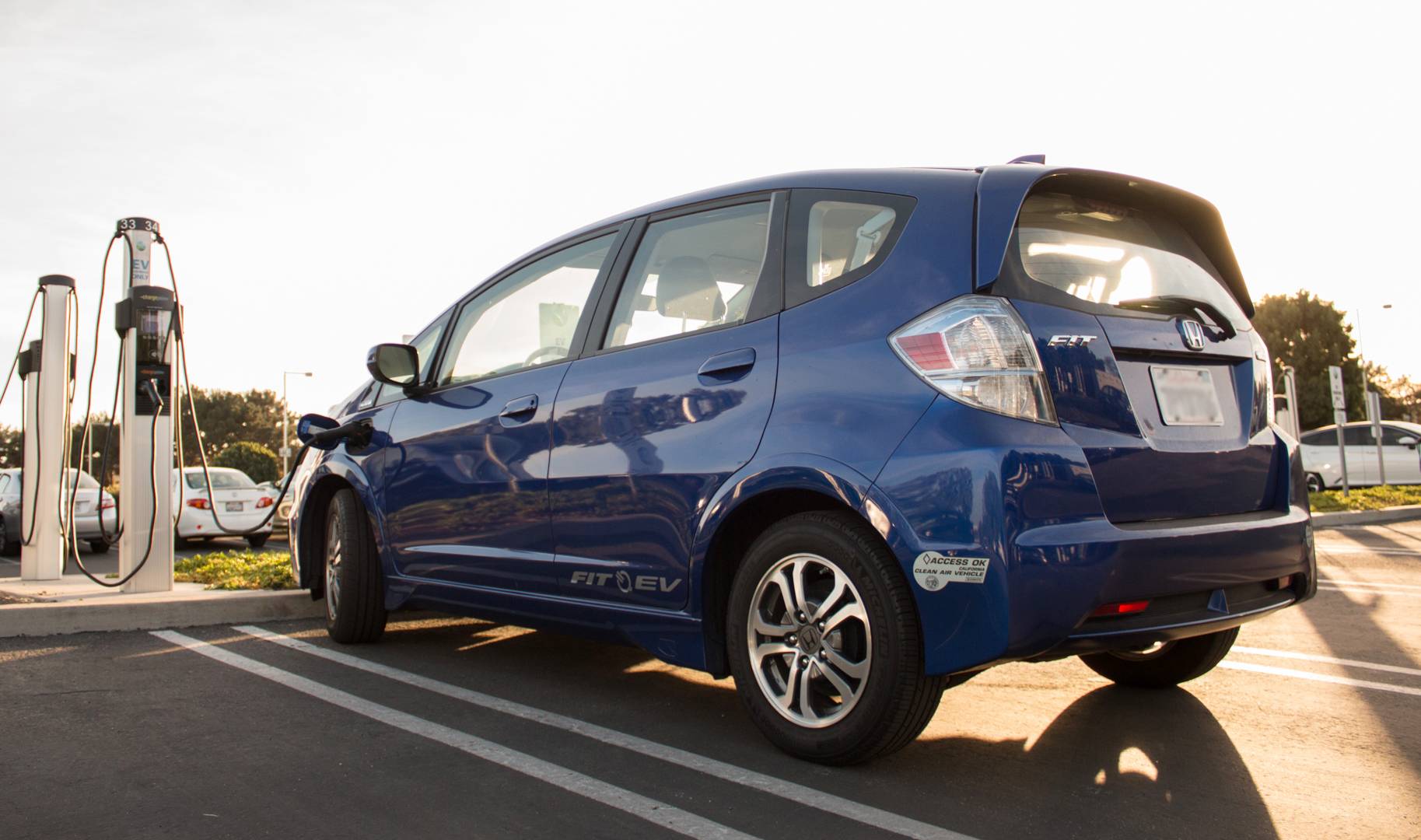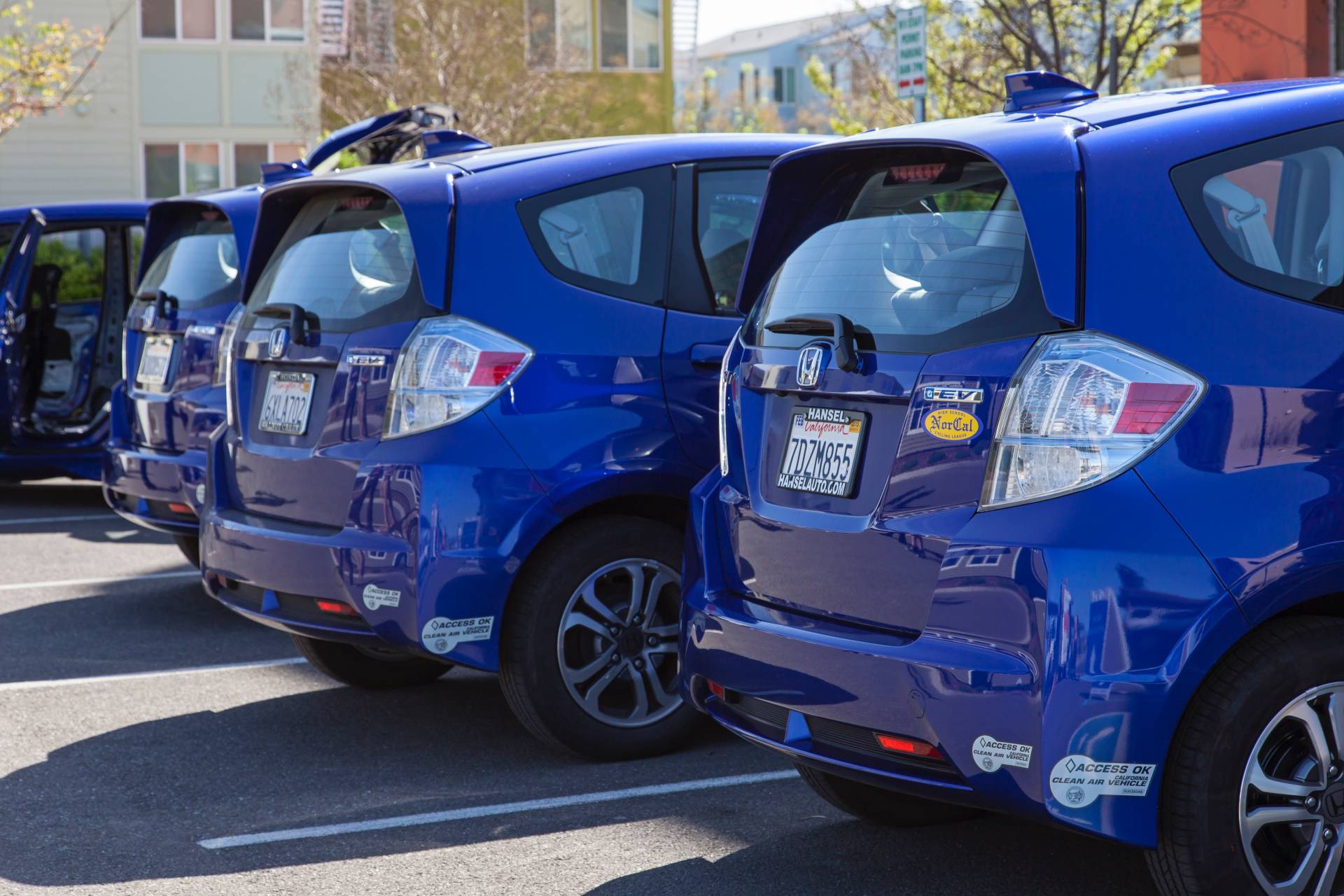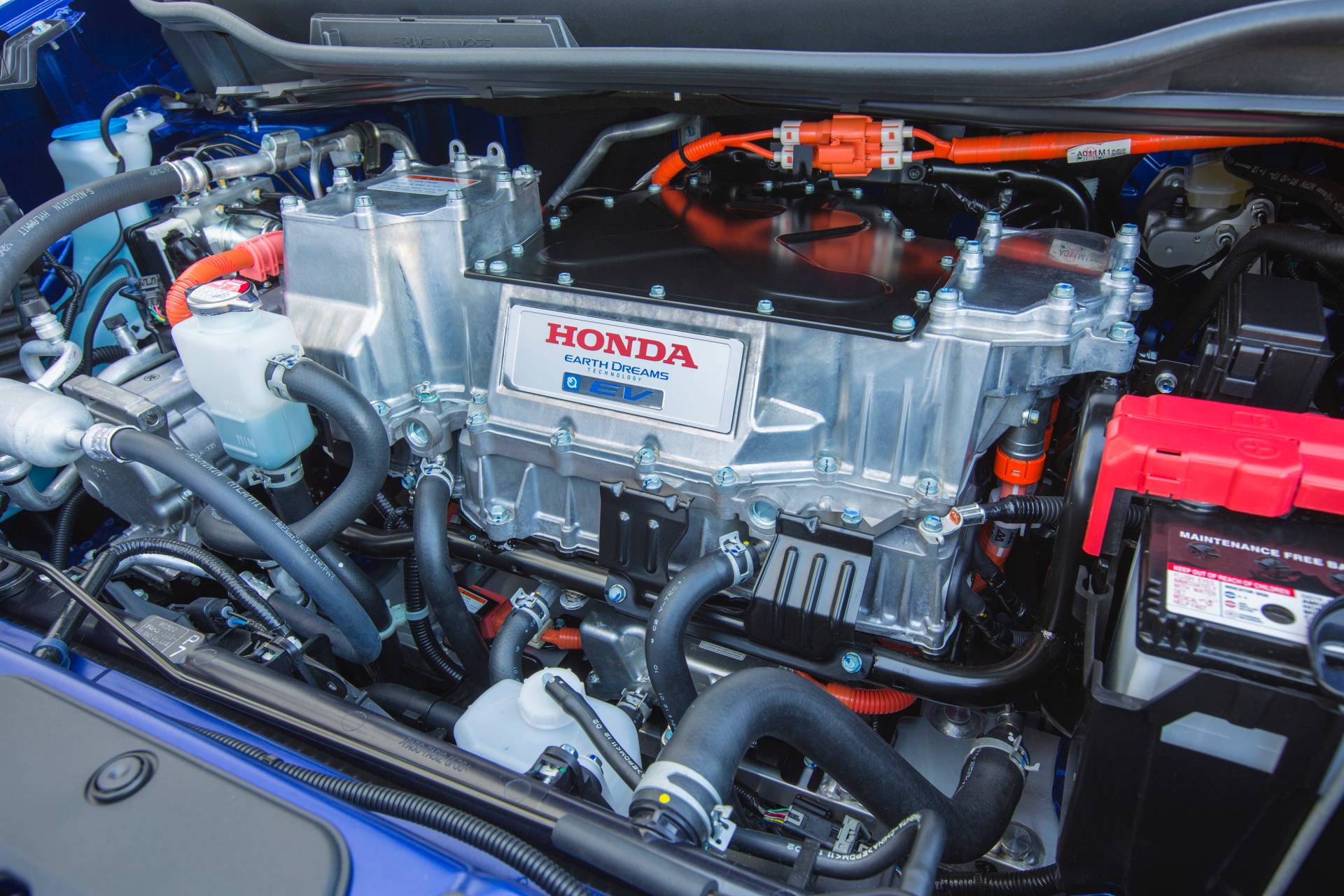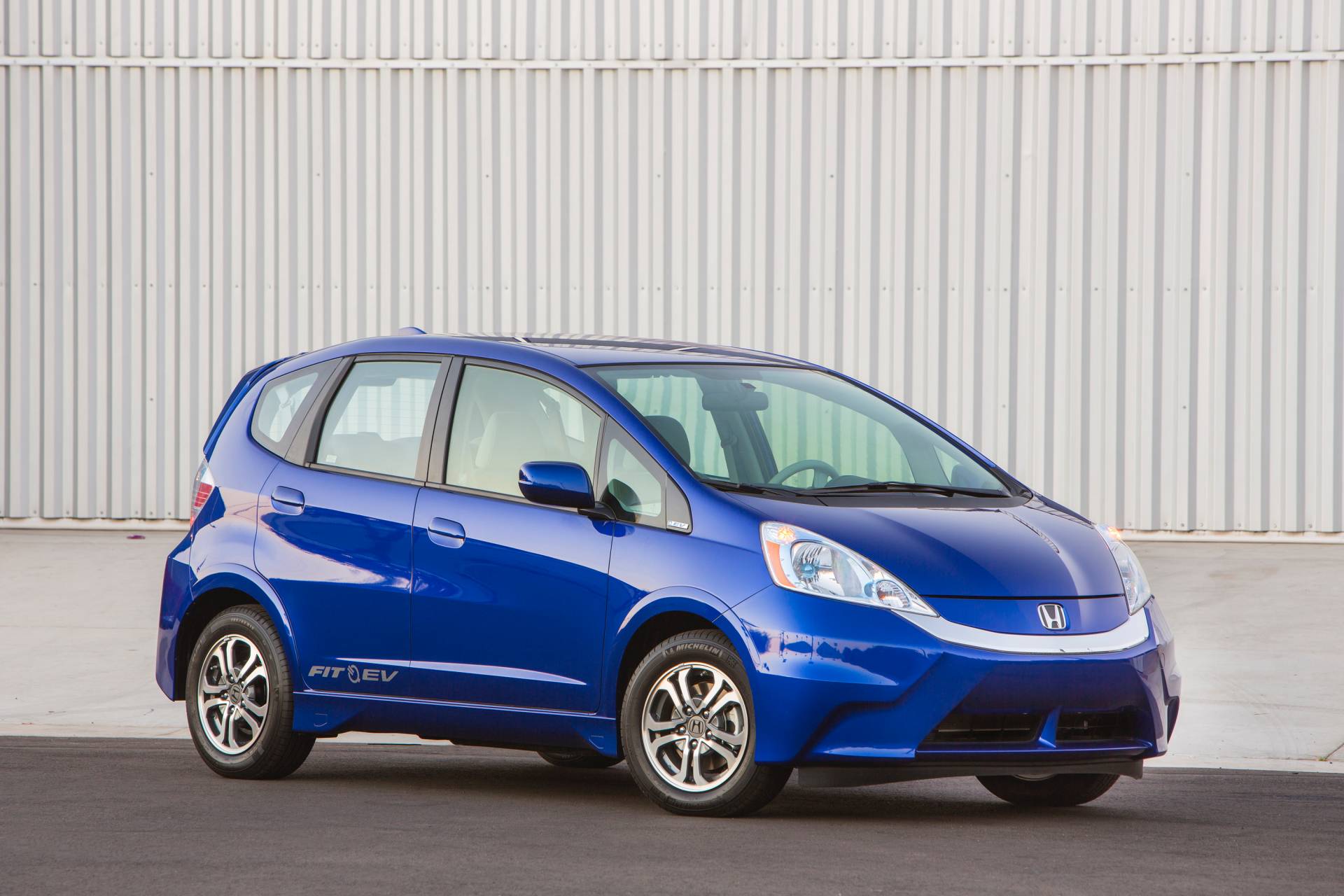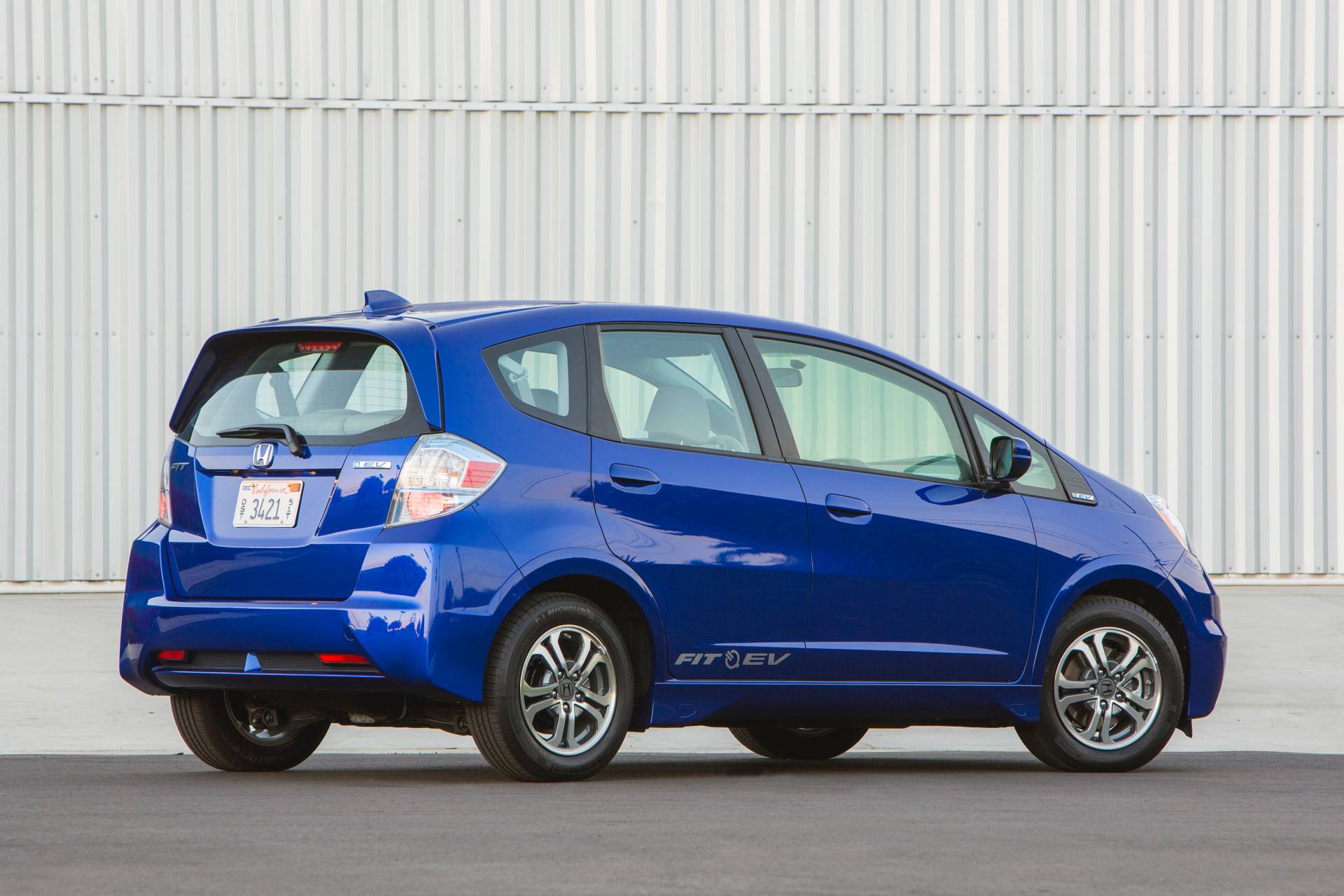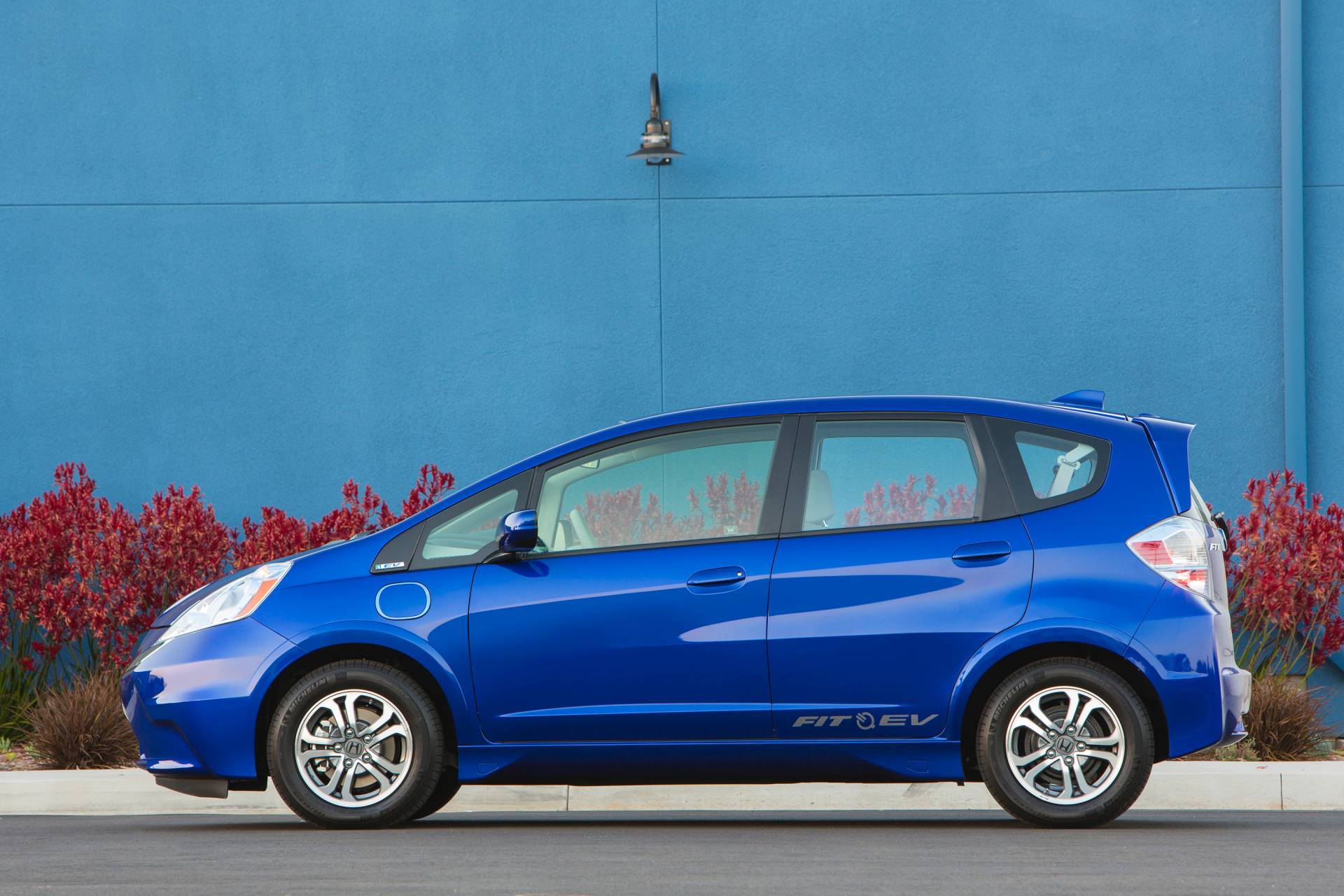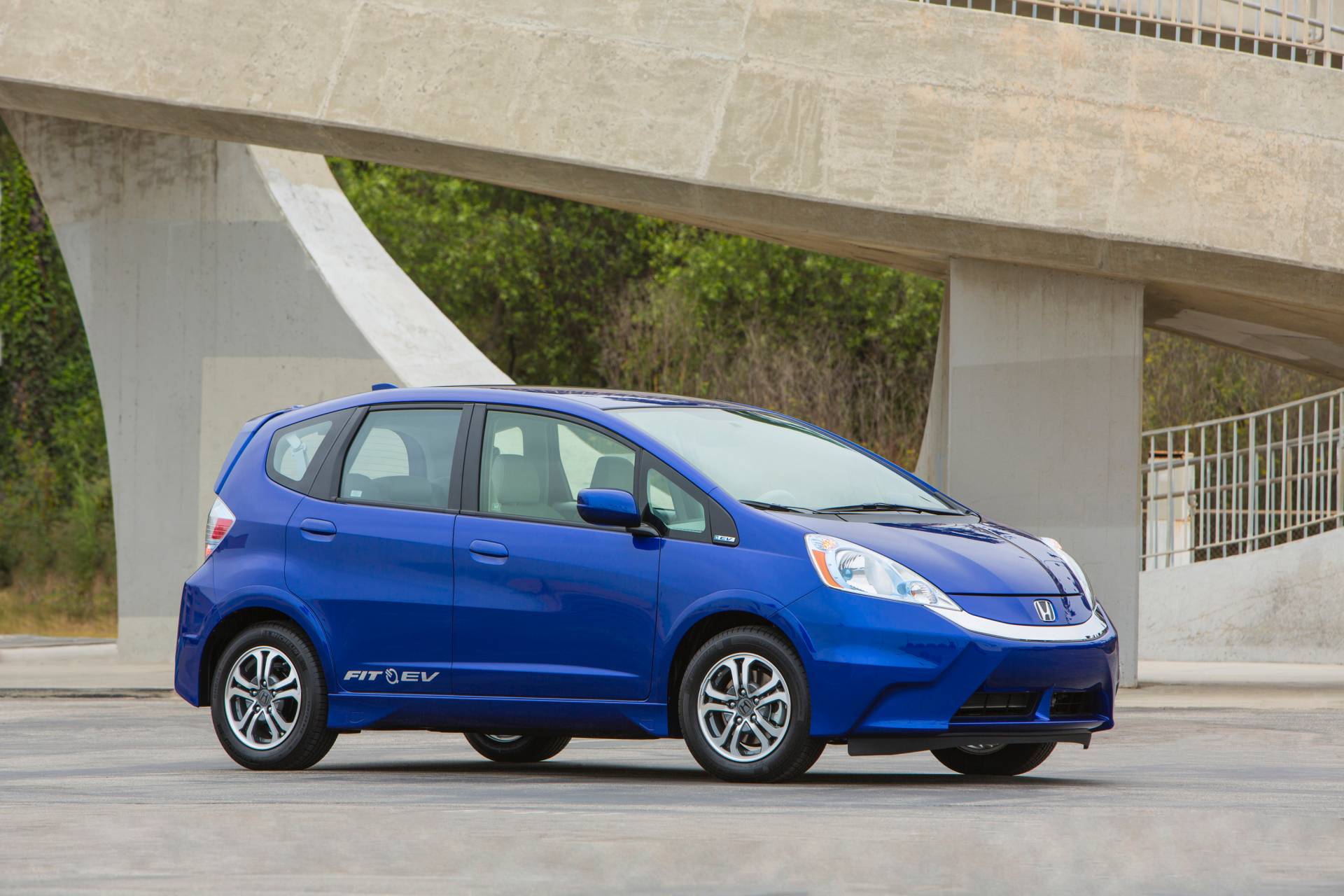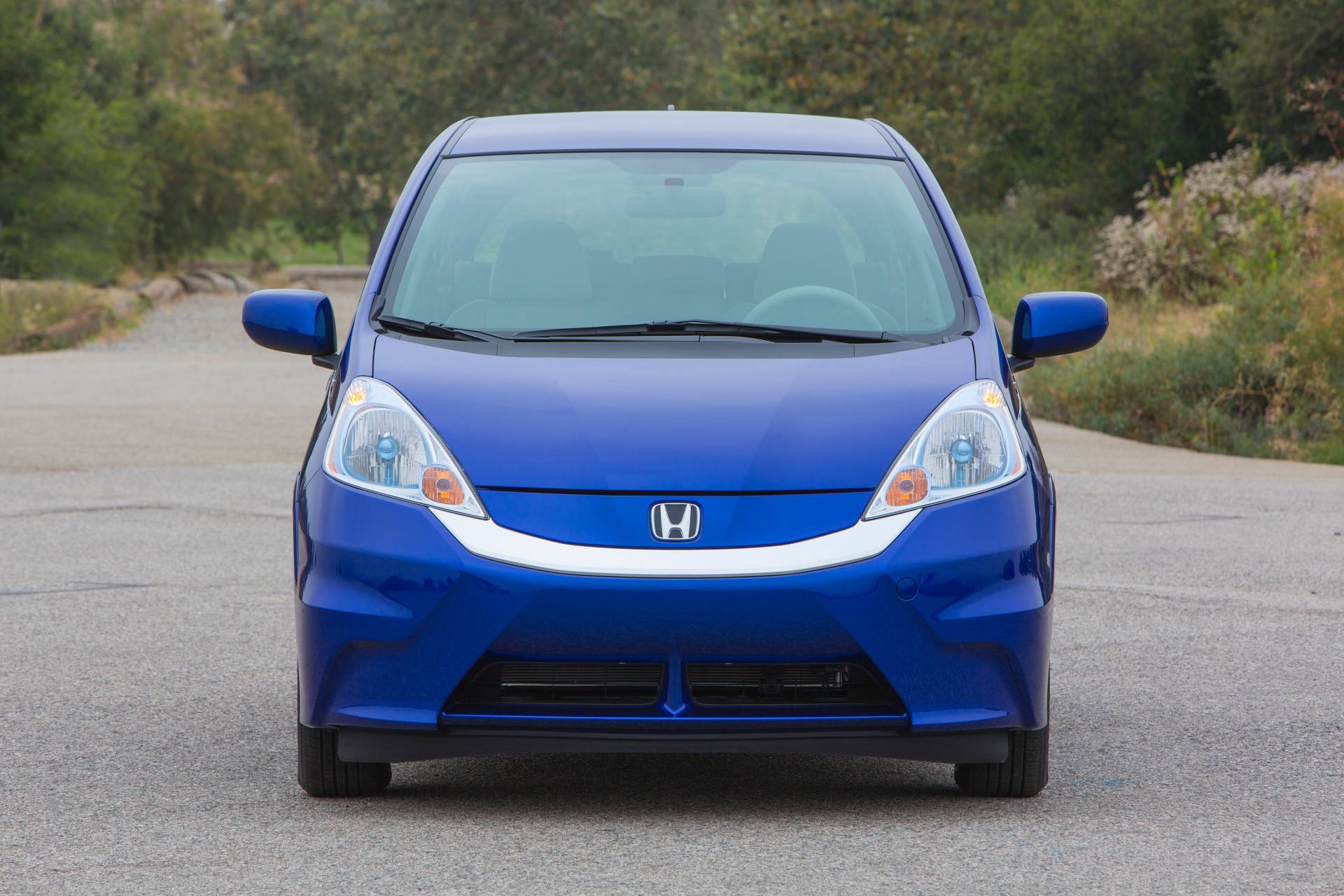There’s no doubt that batteries are the most critical component of electric vehicles, and not just because they dictate how far an EV can travel on a single charge.
There are environmental and human rights issues at stake too, as a recent study from Amnesty International pointed out. While some automakers including BMW have announced they will source rare metals for EV batteries from countries that don’t use child labor, there’s still a long way to go before that becomes an industry-wide practice.
Also read: Nissan Begins Exchange Program For Used Leaf Batteries
Another big concern is what happens with the batteries when the time comes to replace them. Recycling EV batteries is a complicated and expensive process, which is why in some countries battery waste is being irresponsibly disposed of, contaminating soil, water, and air in the process.
Honda believes it has another solution for used EV batteries — integrating them into the power grid. The automaker has partnered with Ohio-based electric utility American Electric Power in a research project that aims to provide a second life for used Honda Fit EV batteries.
The companies are looking to develop a network of used electric vehicle batteries that could be integrated into AEP’s electricity system. Basically, the plan is to use the EV batteries as a storage solution for the electric grid. Storing additional power in used EV batteries would allow utilities to meet the demand for electricity by using renewable energy resources.
“Together with AEP, we are exploring opportunities to use the 2nd life battery to improve energy security, reduce CO2 and prepare for broad-scale electrification of the transportation ecosystem,” said Ryan Harty, manager of Connected and Environmental Business, American Honda. “Neither automakers nor utilities can address these complex technical, policy and business issues alone,” he added.
As part of the pilot project, Honda will provide used Fit EV batteries to AEP, which will study integrating the batteries into its electricity grid. Both companies are hoping to gain knowledge and expertise that will help them develop technology and standards for future vehicle grid integration, as well as new business models to improve the value of EVs.
Launched in 2012 as a lease-only vehicle, the Honda Fit EV was replaced by the Honda Clarity family of electrified vehicles, including the Clarity Electric. Now, thanks to the joint vehicle grid integration project with AEP, Fit EV batteries will continue to support Honda’s efforts to reduce CO2 emissions.



